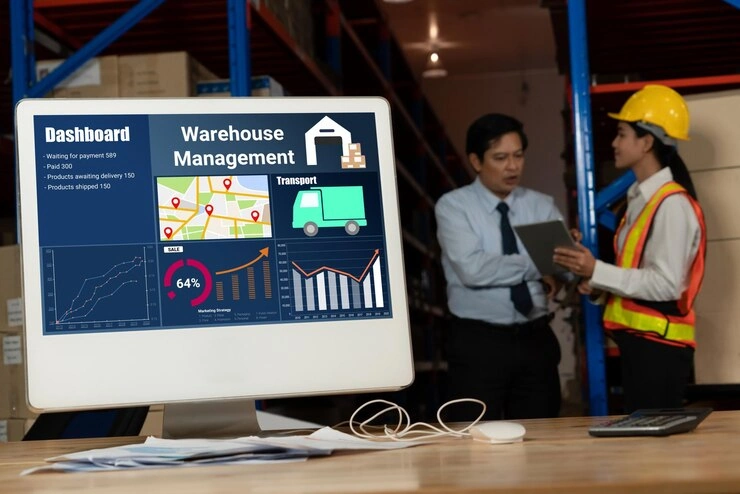In a world where shipping delays sting and inventory blunders bleed cash, AI isn’t a luxury—it’s a lifesaver. AI-fueled logistics automation isn’t just tech buzzword—it’s your ticket to smarter routing, tighter inventory control, and rock-solid supply chains. This list pulses with AI providers delivering real impact in logistics. Each one is vetted for real results—from algorithmic route planning to warehouse robotics. Ready to meet your next logistics partner?
Featured Providers:
- Pearl Lemon AI
- Coherent Solutions
- Yellow Systems
- Edvantis
- Qubika
- Krazimo AI
- RootQuotient
- Simform
- AgileCyber
- WillowTree
1. Pearl Lemon AI

At Pearl Lemon AI, we take logistics seriously—combining deep industry insight with AI muscle to overhaul workflows from port to pallet. We engineer practical solutions that slash idle time, spot inefficiencies, and tighten your bottom line.
Core Services:
- Predictive route optimization
- Real-time demand forecasting
- Automated warehouse slotting
- AI-enhanced freight monitoring
We’re all about execution. We plug our solutions into your existing systems, training teams, monitoring KPIs, and refining performance as your volume grows. It’s AI that adapts and scales with your operation.
2. Coherent Solutions
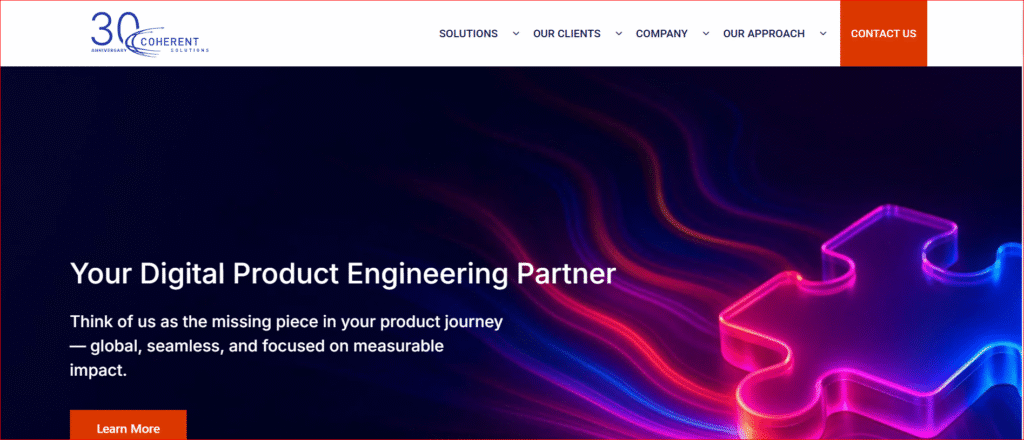
Coherent Solutions brings a heavy-hitter background in enterprise-grade logistics automation. Their AI stacks often plug into TMS and WMS systems, smoothing everything from route scheduling to cross-docking optimization.
They tackle high-volume scenarios head-on—routing 1,000+ vehicles daily and tracking inventory across multi-site warehouses. Their solutions are built to last and designed to scale.
3. Yellow Systems

Yellow Systems casts a wide net—covering everything from last-mile routing to predictive fleet maintenance. Their AI platform hooks into vehicle telematics, analyzing patterns to flag maintenance before breakdowns hit.
They bring deep routing expertise to heavy-duty fleets, driving improved uptime and reducing overall fleet costs.
4. Edvantis

Edvantis takes a software-first approach, building logistics-focused AI platforms that nod to both operations and user experience. From inventory prediction to warehouse robotics, their solutions are clean, efficient, and performance-driven.
Their teams regularly deploy software that processes millions of SKUs daily, sharpening accuracy and trimming cycle counts.
5. Qubika
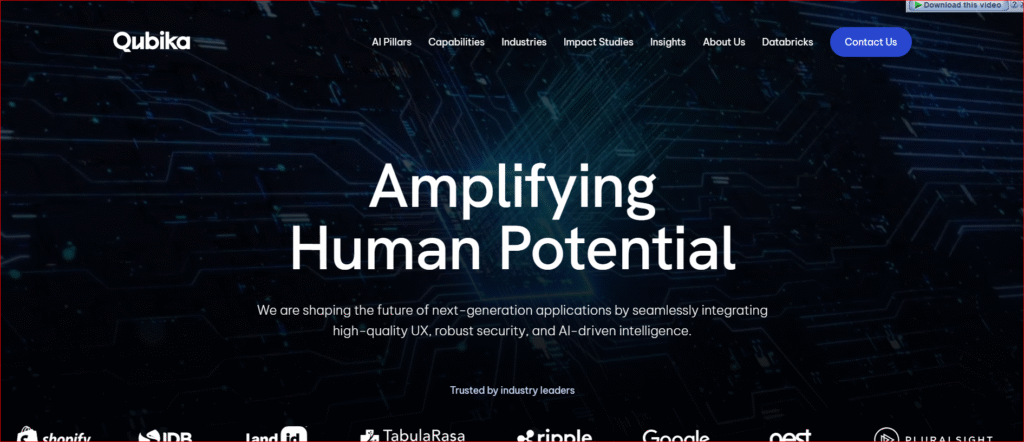
Qubika specializes in warehouse intelligence—machine vision and AI tools that boost picking speed and slash errors. Their system learns from real workflows, syncing with AGVs and picking robots to crystalize warehouse order execution.
This technology offers a reliable way to scale fulfillment operations without ballooning headcount.
6. Krazimo AI
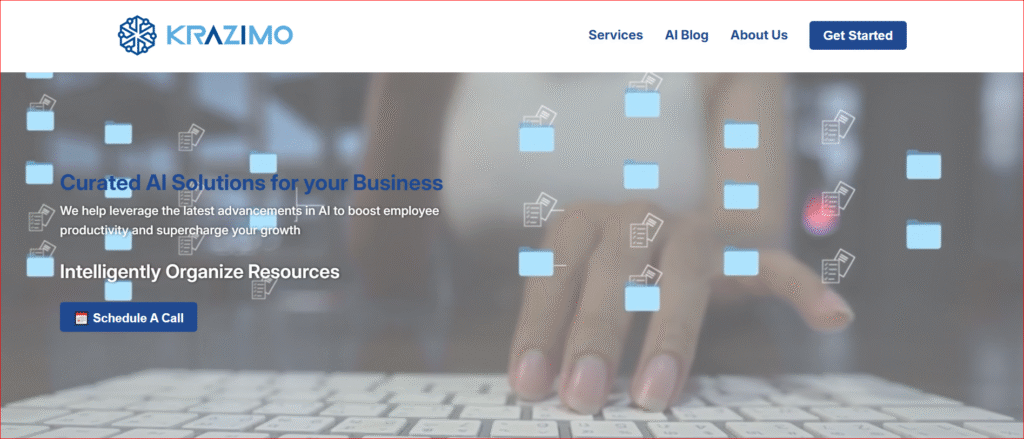
Krazimo offers logistics players a Swiss Army knife: routing, forecasting, anomaly detection, and cost-to-serve analytics—all powered by AI. They plug into ERP, WMS, and TMS, providing dashboards that empower ops managers to steer clear of bottlenecks.
Their strength lies in actionable insights—predictive events, delayed shipments, and idle resources don’t slip past unnoticed.
7. RootQuotient
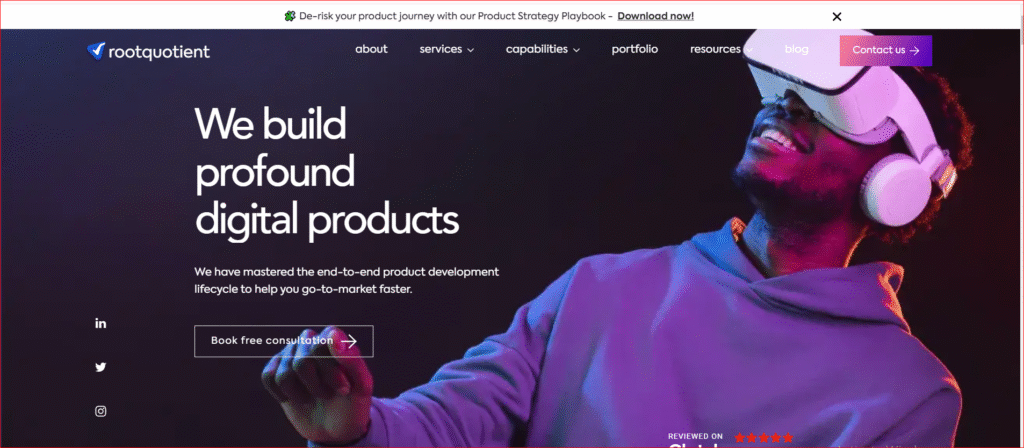
RootQuotient focuses on pricing and demand forecasting, injecting AI into sensitive decisions like dynamic freight pricing and yield management. Think airline revenue management, but for shipping lanes and cargo capacity.
Their models incorporate seasonality, special events, and even weather impacts—bolstering profitability under pressure.
8. Simform
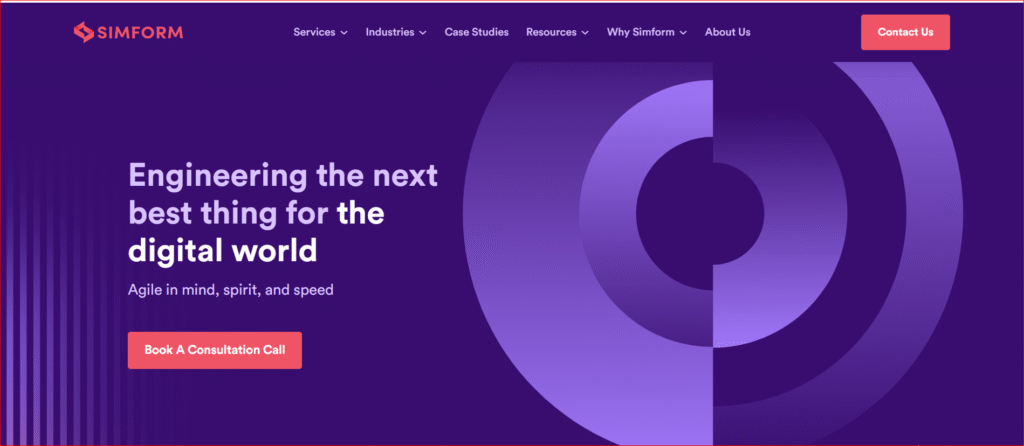
Simform brings logistics newbies and legacy carriers alike into the AI game. They customize solutions—IoT-enabled cold-chain monitoring, autonomous routing, or machine learning dashboards—for real-world environments.
Working hands-on in warehouses and fleets, many of their implementations continue running months after launch—proof that their solutions stick.
9. AgileCyber
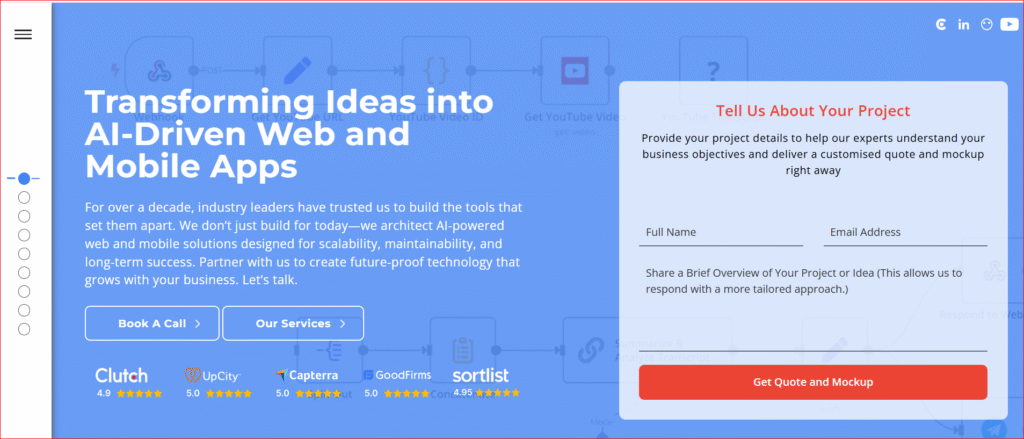
Security isn’t optional in logistics. AgileCyber brings AI-powered defense hard enough to protect supply chains—covering vehicle telematics, network access points, and cloud-connected systems. They detect suspicious behavior, halted shipments, and ransomware attempts in real time.
AgileCyber does more than compliance—they guard trust and shield delivery integrity.
10. WillowTree
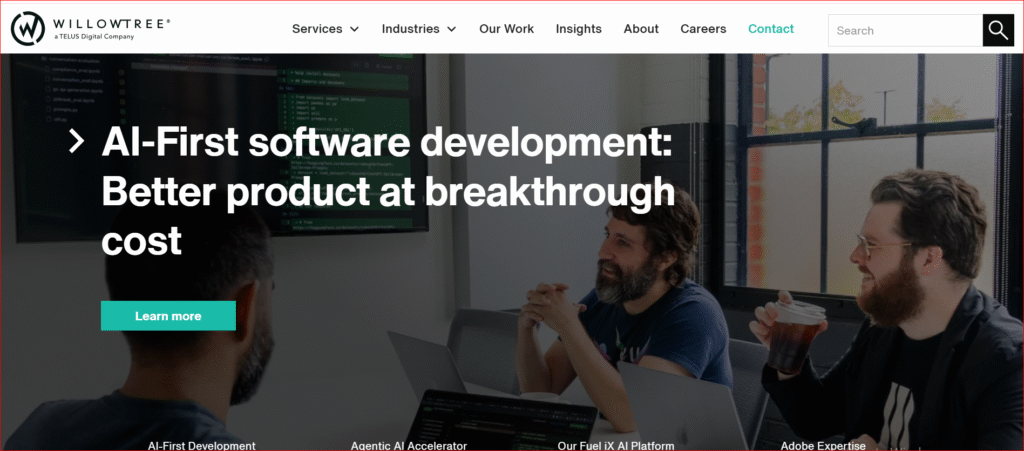
WillowTree blends sleek interface design with logistics automation to deliver AI platforms that users actually enjoy. Their focus on usability means fewer errors, faster adoption, and better KPIs—whether for mobile dock tablets or desktop dashboards.
They package AI models, user interfaces, training, and iterative UX refinement into one smooth delivery.
Wrapping This Up
AI isn’t just another software purchase—it’s a leverage tool that puts your logistics system ahead of the next curve. Get the right partner, and you’ll slash operating costs, boost delivery speed, and future-proof your supply chain.
Pearl Lemon AI lives and breathes this mission. Our teams aren’t just technicians—we’re logistics insiders building AI that responds, adjusts, and lasts in real-world environments.
Intrigued? If you want visible impact, not just flashy dashboards, take the leap. Let’s build a logistics flow that outperforms expectations—and doesn’t quit.
**FAQs About AI Automation Providers for Logistics
1. How is AI being used in the logistics industry?
AI is revolutionizing logistics by automating route planning, demand forecasting, inventory management, warehouse operations, and real-time shipment tracking. It enables faster, smarter, and more cost-efficient supply chain decisions.
2. What are the main benefits of using AI automation in logistics?
Key benefits include:
- Reduced delivery times and fuel costs
- Improved warehouse efficiency through robotics and predictive analytics
- Accurate demand forecasting
- Enhanced customer experience via real-time tracking and communication
- Automated handling of repetitive logistics tasks
3. Can AI systems integrate with existing logistics software?
Yes. Most AI automation solutions are designed to integrate with popular logistics and ERP platforms like SAP, Oracle, NetSuite, Microsoft Dynamics, and custom TMS/WMS systems, enabling seamless data flow and process automation.
4. Is AI automation suitable for small and mid-sized logistics companies?
Absolutely. Many AI providers offer scalable solutions tailored to smaller operators. These tools can automate tasks like dispatching, inventory tracking, and delivery scheduling without the need for a large IT team or massive budgets.
5. How long does it take to implement AI in a logistics operation?
Implementation timelines vary based on the scope, but pilot programs can often be launched in 4–8 weeks, with full-scale deployments ranging from 3–6 months. Leading AI providers usually start with a needs assessment to define a phased rollout.

